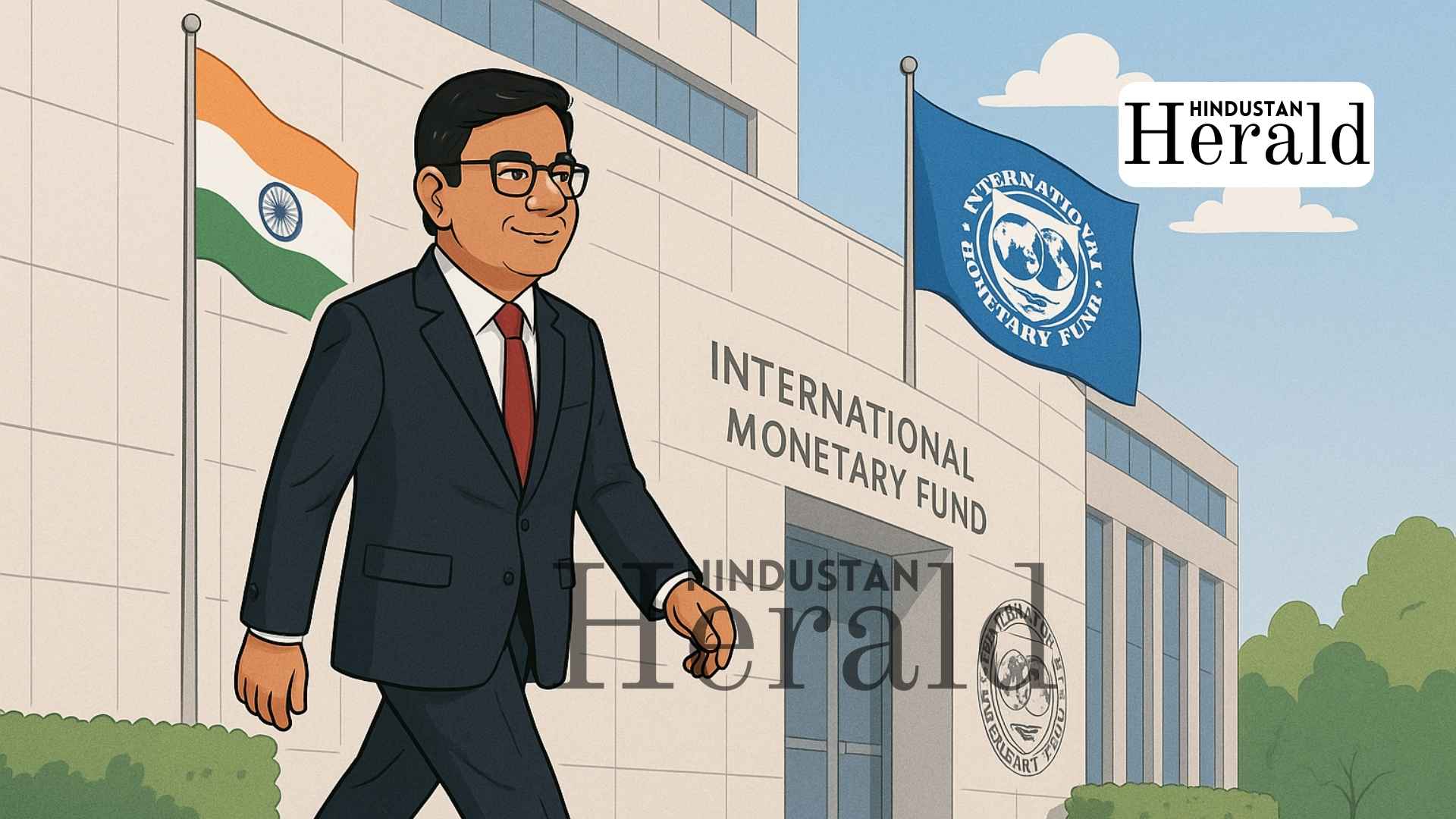New Delhi, August 29: After nearly seven years away from the international monetary stage, Urjit Patel is going back to where it all began the International Monetary Fund. The former RBI Governor, who quietly exited India’s top monetary post in 2018 amid government pressure, has been appointed as Executive Director representing India at the IMF. His three-year term starts today.
It’s a familiar address for Patel. Long before he was thrust into the media spotlight during one of the most turbulent periods in the Reserve Bank’s history, he was just another economist crunching numbers in Washington. That was the early ’90s India was broke, the IMF was offering a bailout, and Patel, fresh off an Oxford doctorate, was part of the team working on India’s macroeconomic review.
A Full-Circle Moment for the Quiet Governor
Today’s appointment isn’t just a bureaucratic shuffle. It feels personal. For Patel, it’s a return not just to the IMF, but to the quieter kind of policymaking that doesn’t require battling headlines or fending off political snipes.
As per Reuters, the appointment was cleared by the Appointments Committee of the Cabinet, and formalized through a Personnel Ministry notification. He’ll be stepping into the role previously held by Dr. Krishnamurthy Subramanian, another technocrat with a reformist bent.
And just like that, one of the most elusive faces of India’s recent economic past is back in the game.
A Past Marked by Policy, Not Posturing
It’s hard to forget how Patel left the RBI. December 2018. A terse letter, citing “personal reasons.” No press conference. No farewell fanfare. Just the end of a tenure marked by friction with North Block over autonomy, over reserves, over the increasingly blurry lines between regulator and ruled.
His resignation the first for an RBI Governor in nearly four decades set off alarm bells in policy circles. This wasn’t a man looking for headlines. Which made his exit all the more telling.
According to The Times of India, Patel will now represent not just India but also Bangladesh, Bhutan, and Sri Lanka on the IMF’s 24-member Executive Board. The board holds sway over lending decisions, policy directions, and crisis interventions all while navigating the geopolitics of global finance.
It’s not a ceremonial chair. It comes with teeth.
Also Read: Dulquer Salmaan Apologises, Removes Controversial Dialogue From Lokah…
From Mint Street to Global Boards
Since his RBI departure, Patel hasn’t exactly been idle. He joined corporate boards, including Reliance Industries, lent his voice to think tanks like Brookings, and published a book Overdraft: Saving the Indian Saver. In it, he laid out a restrained but unsparing critique of India’s banking mess. No potshots. Just clean, clinical autopsy.
Patel’s academic pedigree isn’t up for debate Oxford, Yale, Cambridge nor is his technocratic track record. He was instrumental in pushing India toward an inflation-targeting regime, back when he was RBI Deputy Governor. The policy framework still holds today, quietly steering interest rates through supply shocks and oil swings.
That said, it’s hard to pin Patel down politically. He isn’t flamboyant like Raghuram Rajan, nor combative like Subramanian Swamy. He’s careful. Measured. Sometimes, to a fault.
Also Read: iPhone 17 Pro Max May Skip Price Hike: What It Means For Indian Buyers
Why This Matters And Why Now
So why Patel, and why now? Well, timing, for one. India is trying to punch above its weight in multilateral forums from climate finance to debt restructuring. And with ongoing IMF programs in countries like Sri Lanka and growing murmurs about a new global financial architecture, India wants its voice to carry weight.
Appointing someone like Patel signals intent. It says India’s not just showing up at these tables it’s bringing brains and backbone.
Sources told The Economic Times that Patel had been on the Centre’s shortlist for a while. His IMF roots helped. His clean record didn’t hurt. And perhaps, so did the fact that in the time since his RBI departure, he never once took public shots at the government. That sort of restraint doesn’t go unnoticed in Delhi.
Also Read: Punjab Under Water, India Looks Away
The Road Ahead Quiet Power in a Loud World
What awaits Patel in Washington isn’t just policy memos. The world’s economic fabric is fraying. Sovereign debt is spiraling. The IMF is under pressure to reform. China’s role is changing. The Global South is demanding more say. India’s playing mediator, sometimes agitator.
In all this, Patel will be expected to do what he’s always done keep his head down, bring the numbers, make the case.
It might not make headlines. But it could shape history.
Stay ahead with Hindustan Herald — bringing you trusted news, sharp analysis, and stories that matter across Politics, Business, Technology, Sports, Entertainment, Lifestyle, and more.
Connect with us on Facebook, Instagram, X (Twitter), LinkedIn, YouTube, and join our Telegram community @hindustanherald for real-time updates.
Former financial consultant turned journalist, reporting on markets, industry trends, and economic policy.






